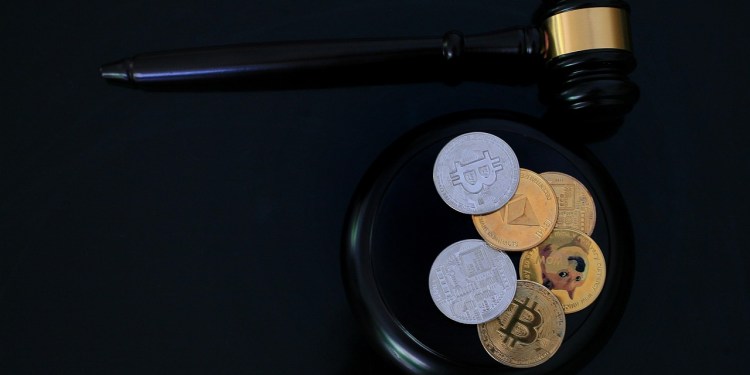Ripple and the US Securities and Exchange Commission have approached federal court once again, seeking judicial approval to restructure a controversial $125 million escrow fund that has become the final battleground in their five-year legal saga.
The joint motion, filed on June 12, represents a significant shift in strategy as both parties attempt to bring closure to one of the most closely watched cases in cryptocurrency history.
The latest development follows a failed attempt in May when the court rejected an initial joint motion due to insufficient explanation of the “exceptional circumstances” warranting modification of the original injunction.
This time, both parties have provided more detailed justification for their proposed settlement structure, which would see $50 million paid to the SEC as a penalty while returning the remaining $75 million to Ripple.

Favorable Ripple Outcome?
Prominent crypto attorney John E. Deaton has publicly stated he believes there’s a 70% chance Judge Torres will grant the requested relief, citing the collaborative nature of the motion and the broader shift in regulatory attitudes under the current administration.
Someone posted a comment that said “we get it: you and @freddyriz believe @Ripple and the @SECGov should’ve kissed Judge Torres’ ass more.
That’s not it. In fact, I believe there’s a 70% chance she grants the relief requested and I’ll discuss it more in detail tomorrow. 👇… https://t.co/QXf65N87dR
— John E Deaton (@JohnEDeaton1) June 14, 2025
Deaton’s analysis suggests that the political landscape changes following recent elections have created conditions more favorable to crypto-friendly resolutions.
However, Deaton also expressed some criticism of Ripple’s legal strategy, noting that the company’s attorneys could have strengthened their position by more directly addressing the SEC’s controversial enforcement tactics.
The attorney also highlighted potential competitive disadvantages Ripple might face if the injunction remains in place, particularly in relationships with banking partners who might prefer working with companies like Circle that operate without similar legal encumbrances.
Broader Crypto-Friendly Policy Shift
The joint motion carefully outlines several factors that both parties argue constitute exceptional circumstances warranting modification.
Both Ripple and the SEC have stressed that approving the modification would prevent the need to pursue costly and time-consuming appeal briefs, thereby conserving judicial resources. They also argue that the settlement aligns with the SEC’s current policy direction of resolving certain cryptocurrency cases through joint stipulation rather than prolonged litigation.
The timing of this renewed effort coincides with what many observers characterize as a more crypto-friendly regulatory environment. The parties’ brief strategically references this shifting landscape, though some legal experts suggest they could have been more explicit about how recent legislative developments like the CLARITY Act and GENIUS Act support their position.
As the court considers this latest motion, the crypto industry watches closely, recognizing that the resolution could set important precedents for how future SEC enforcement actions against digital asset companies might be resolved through negotiated settlements rather than extended legal battles.